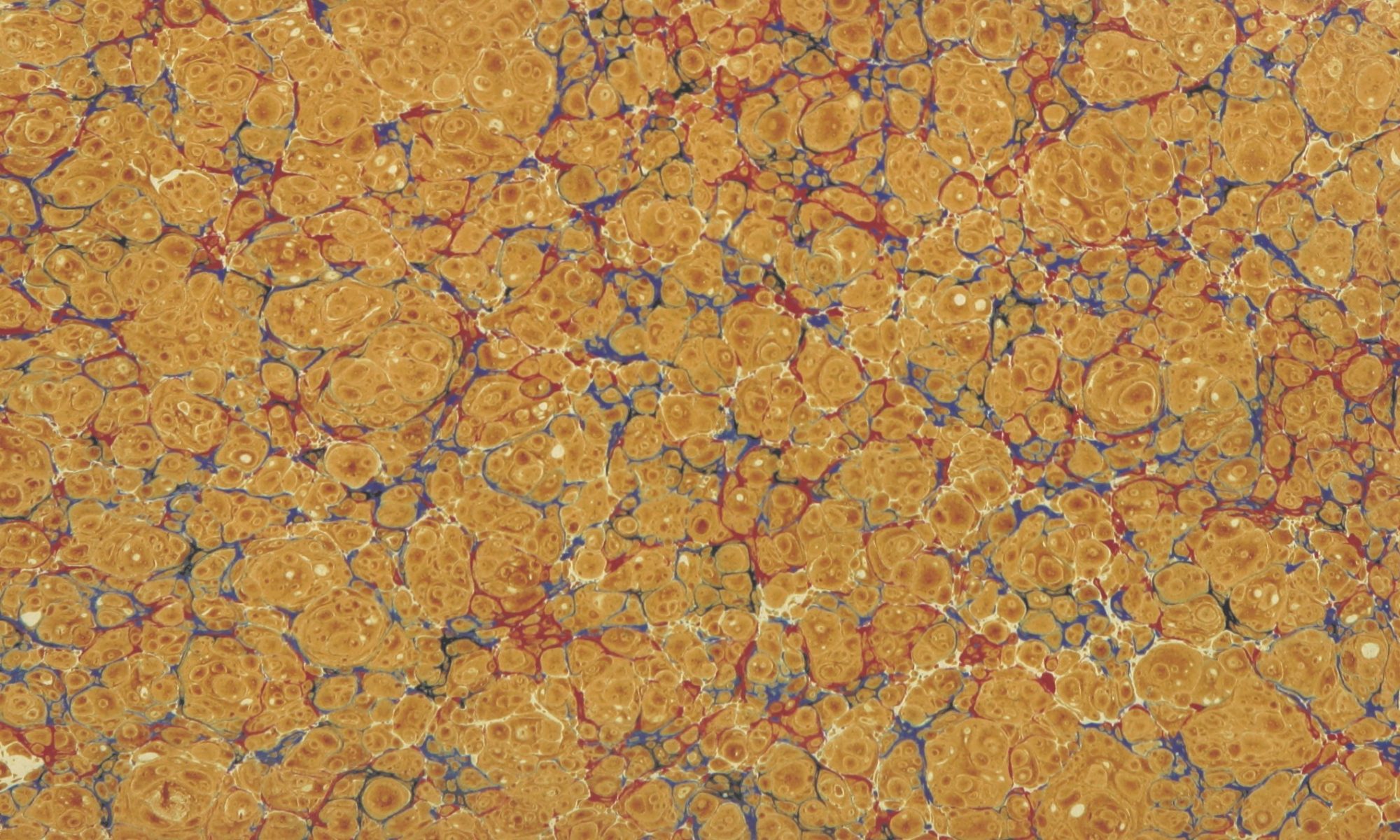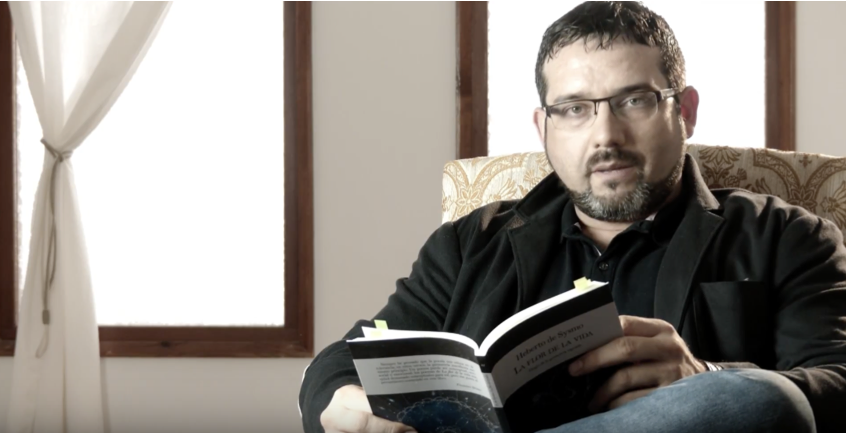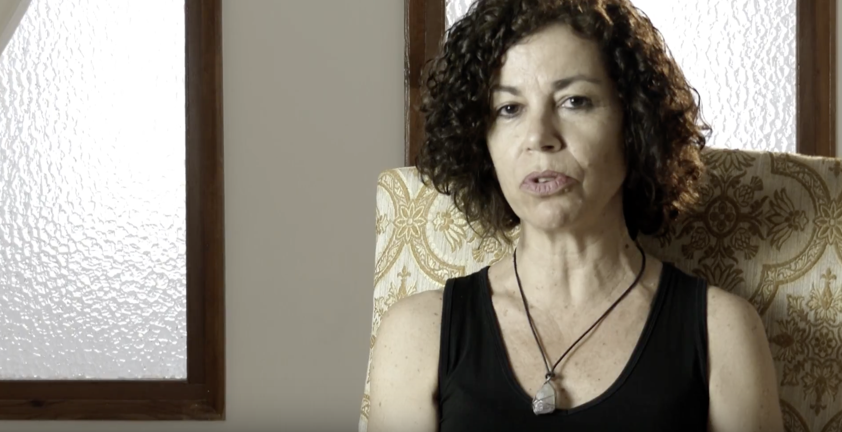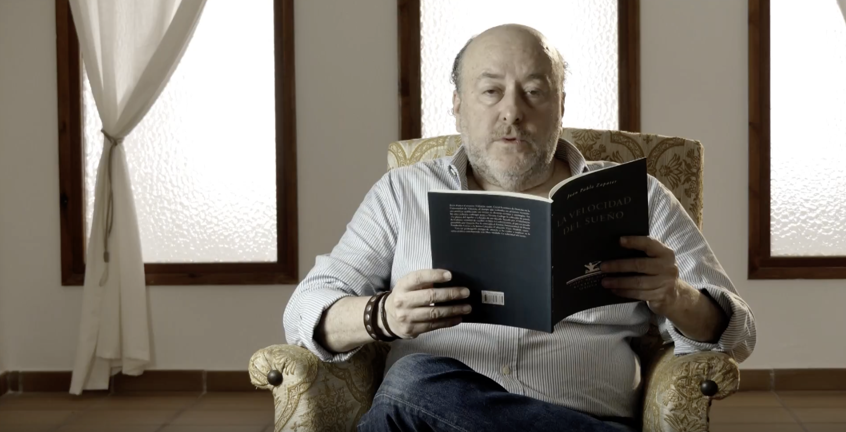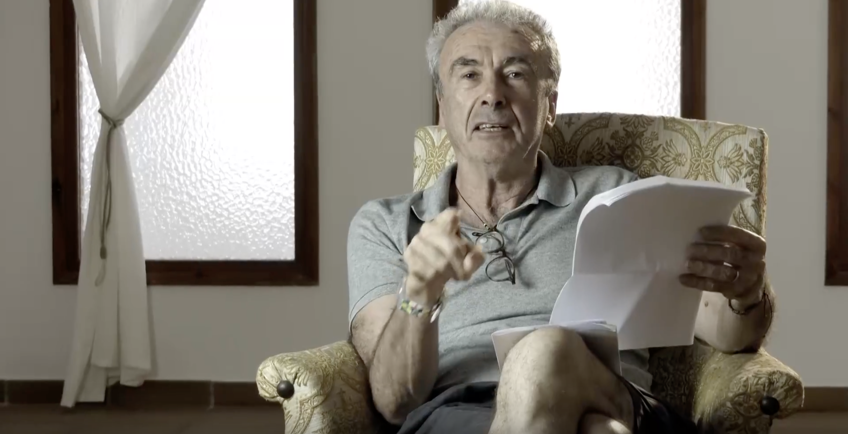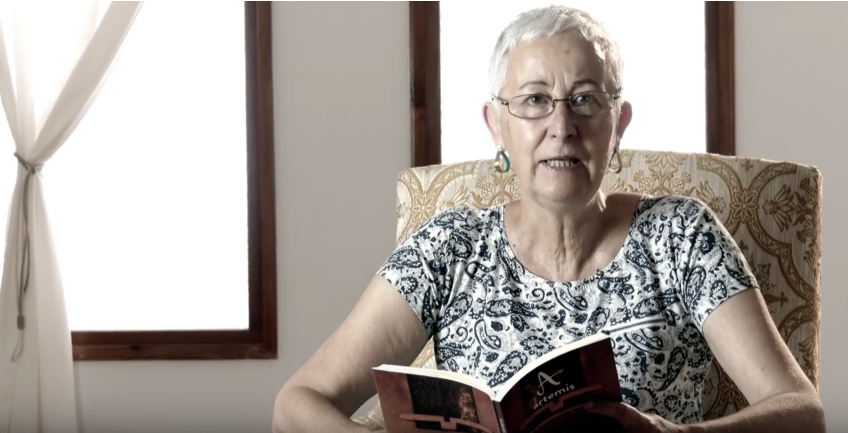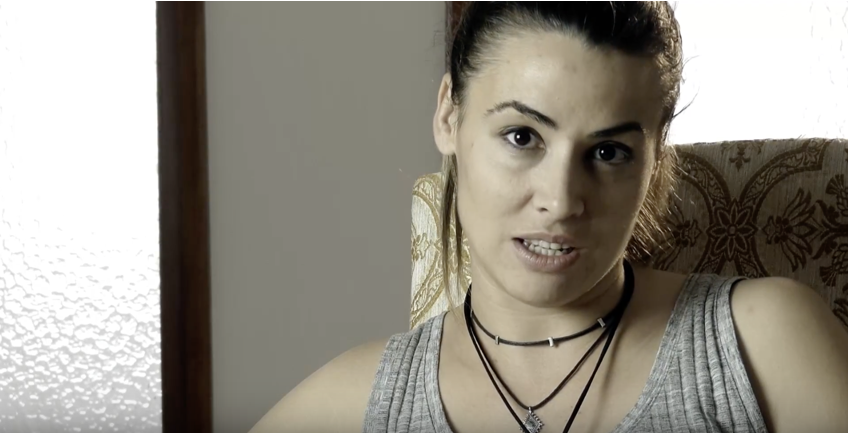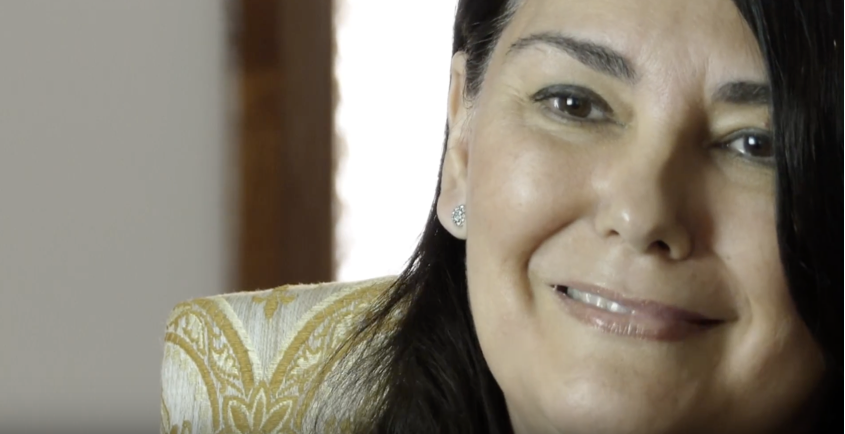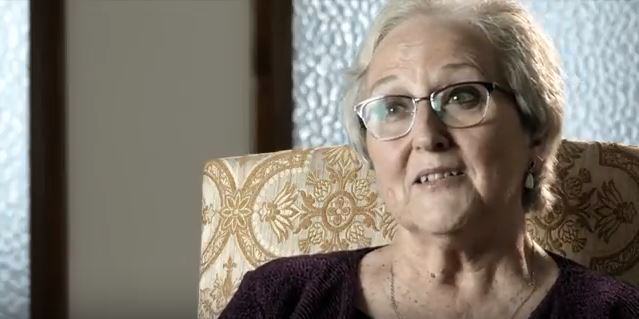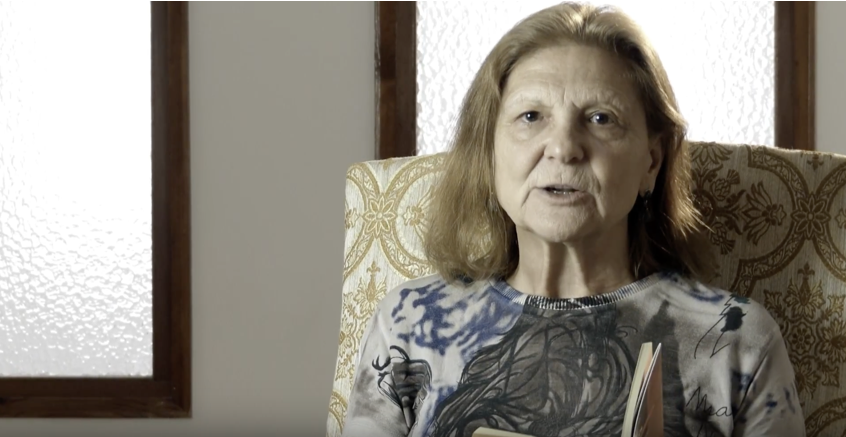
Translated by Rosie Baynham
To Julia Kristeva
1
I follow this path towards the verbs
floating randomly upwards they curl and
In their threads my wings catalyse
and lace together writing
I walk towards the place where, now air,
they are unborn from their essence while I
am barely presence and I cannot read
the chosen signs
I slip down to the bottom diving
In search of the foam the bubbling
In search of the din where they boil
I watch, eyelids closed
how my cells pulsate with snow
and words ride curiously
on the flanks of kissing Pegasi
2
I displace myself without a compass groping
with my arms spread out like the blindman
who feels his way until running into certainty
and he rocks and takes shelter in the music
of his mother’s round stomach
3
Gulfweeds in the body
maternal cloister silk
thin gulfweeds limbo childhood
The weightless moon
umbilical artery
no desire to solve
ignorant lethargy
4
An impulse that haunts us
raging to death
until we split
And, so, your arms
your arms the embrace
the gulfweed waves
your sex where I extinguish my wanderings
where my conscience finally fades.
A place of synthesis
A space where I shake
my porous membranes and the perfume
of my spirits floats in the sacred
ancestor embedded in our atoms
a smell that is unnameable in the air.
Original in Spanish
A Julia Kristeva
1
Recorro ese trayecto hacia los verbos
que levitando en azar se engarzan y
en sus hilos mis alas catalizan
y enlazan la escritura.
Camino hacia el recinto en que hechos aire
desnacen de su esencia mientras yo
apenas soy presencia y desconozco
los signos convenidos.
Me deslizo a lo hondo buceando
en busca de la espuma el burbujeo
en busca del bullicio donde hierven.
Y observo con los párpados cerrados
cómo pulsan mis células de nieve
y cabalgan curiosas las palabras
a lomos de pegasos que se besan.
2
Me traslado sin brújula y a tientas
con los brazos tendidos como el ciego
que palpa hasta topar con lo seguro
y se mece y se cobija en la música
del esférico vientre de su madre.
3
Sargazos en el cuerpo
claustro materno sedas
lamidos sargazos de infancia limbo.
Ingravidez de luna
arteria umbilical
sin sed de soluciones
letargo de ignorancia.
4
Pulsión que nos persigue
rabiando hasta la muerte
que fuimos escindidos.
Y por eso tus brazos…
tus brazos los abrazos
las olas los sargazos
tu sexo donde apago mis vaivenes
donde por fin se esfuma mi conciencia.
Un ámbito de síntesis
espacio en que sacudo
mis membranas porosas y el perfume
de mis humores flota en lo sagrado
ancestro que se incrusta en nuestros átomos
aroma que en el aire es innombrable.
